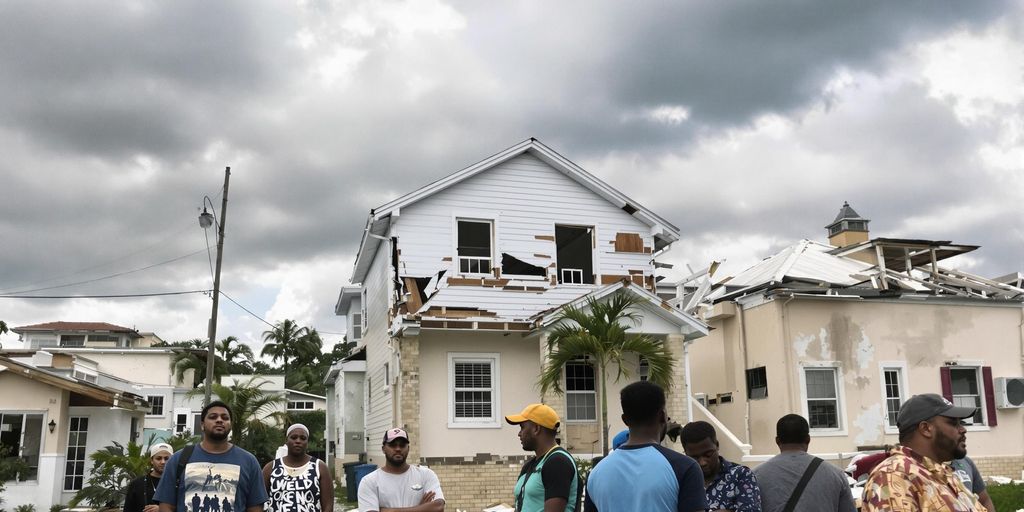South Florida is grappling with a surge of real estate investment scams, leaving numerous investors facing devastating financial losses. Authorities are investigating multiple cases where individuals have been defrauded of significant sums through fraudulent promises of high returns on real estate ventures. These schemes often target unsuspecting investors, exploiting trust and the allure of quick profits.
A Wave of Deception Hits South Florida Investors
Recent reports highlight a disturbing trend of real estate fraud across South Florida. In one prominent case, a woman is accused of defrauding a man of over $1.6 million by promising lucrative investments in Miami-Dade County foreclosure properties. The victim, who had known the suspect for years, granted her access to his business account, only to discover that all property transactions were fraudulent and the properties were never for sale.
Another incident involved a Boca Raton man arrested for a scheme that defrauded 16 investors of more than $410,000. This individual promised exorbitant returns on non-existent real estate deals, claiming to be a real estate investment expert. Investigations revealed that the funds were not used for legitimate business purposes but were instead diverted for personal expenses by the accused and an associate.
Key Takeaways
- Significant Financial Losses: Victims have lost millions of dollars collectively.
- Exploitation of Trust: Scammers often build relationships with victims before executing their fraudulent schemes.
- False Promises: High, guaranteed returns and money-back assurances are common tactics.
- Lack of Licensing: Perpetrators are often found to be unlicensed to conduct real estate or securities transactions.
- Targeting Vulnerable Individuals: While not exclusively, older individuals with accumulated assets are often targeted.
The Mechanics of Real Estate Scams
These scams often involve creating sophisticated-looking fraudulent documents, manipulating public records, and impersonating legitimate real estate agents or investment advisors. Scammers may advertise off-market properties or properties that seem too good to be true, luring investors with promises of quick and substantial profits. The lack of proper licensing and due diligence on the part of the investors often facilitates these fraudulent activities.
Protecting Yourself from Real Estate Fraud
To avoid falling victim to such schemes, potential investors are advised to exercise extreme caution. Key protective measures include:
- Verify Credentials: Always confirm the licenses and credentials of real estate agents and investment advisors.
- Research Thoroughly: Investigate the property and the seller’s background independently.
- Be Wary of Bargains: Properties priced significantly below market value should raise a red flag.
- Review Documentation Carefully: Scrutinize all contracts, deeds, and titles. Consider hiring a real estate attorney for due diligence.
- Avoid Off-Market Deals: Be cautious of properties not listed on official Multiple Listing Services (MLS).
Authorities encourage anyone with information about real estate fraud to report it anonymously to help prevent further victimization.
Sources
- Woman defrauds man of over $1.6M with promises of Miami-Dade real estate investment, WPLG Local 10.
- Florida man, 60, says he lost $1.6M in an elaborate investment scam — fronted by a woman he’d known for years, Yahoo Finance.
- Boca Raton man nabbed for $410K real estate scam, duping 16 investors, WPEC.


